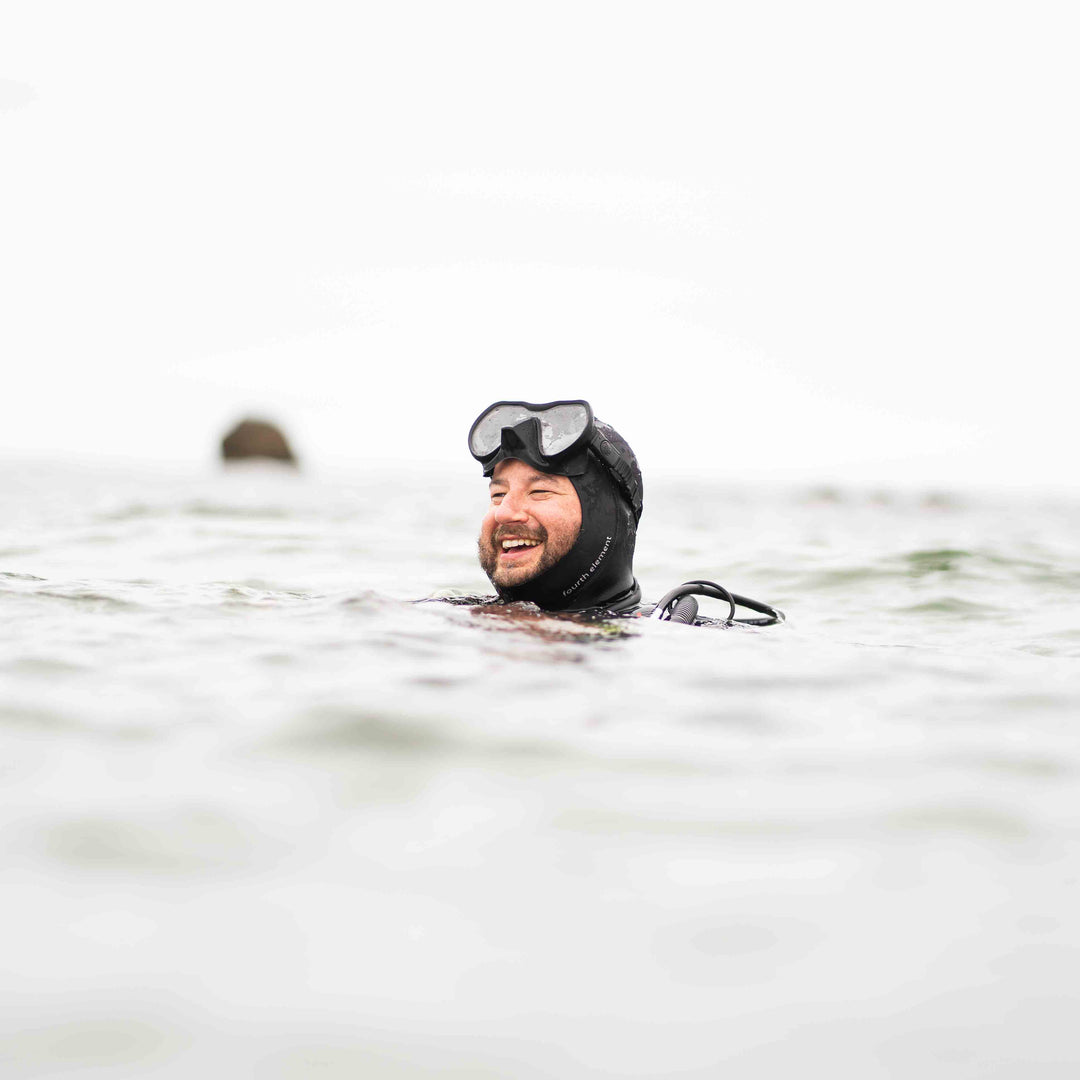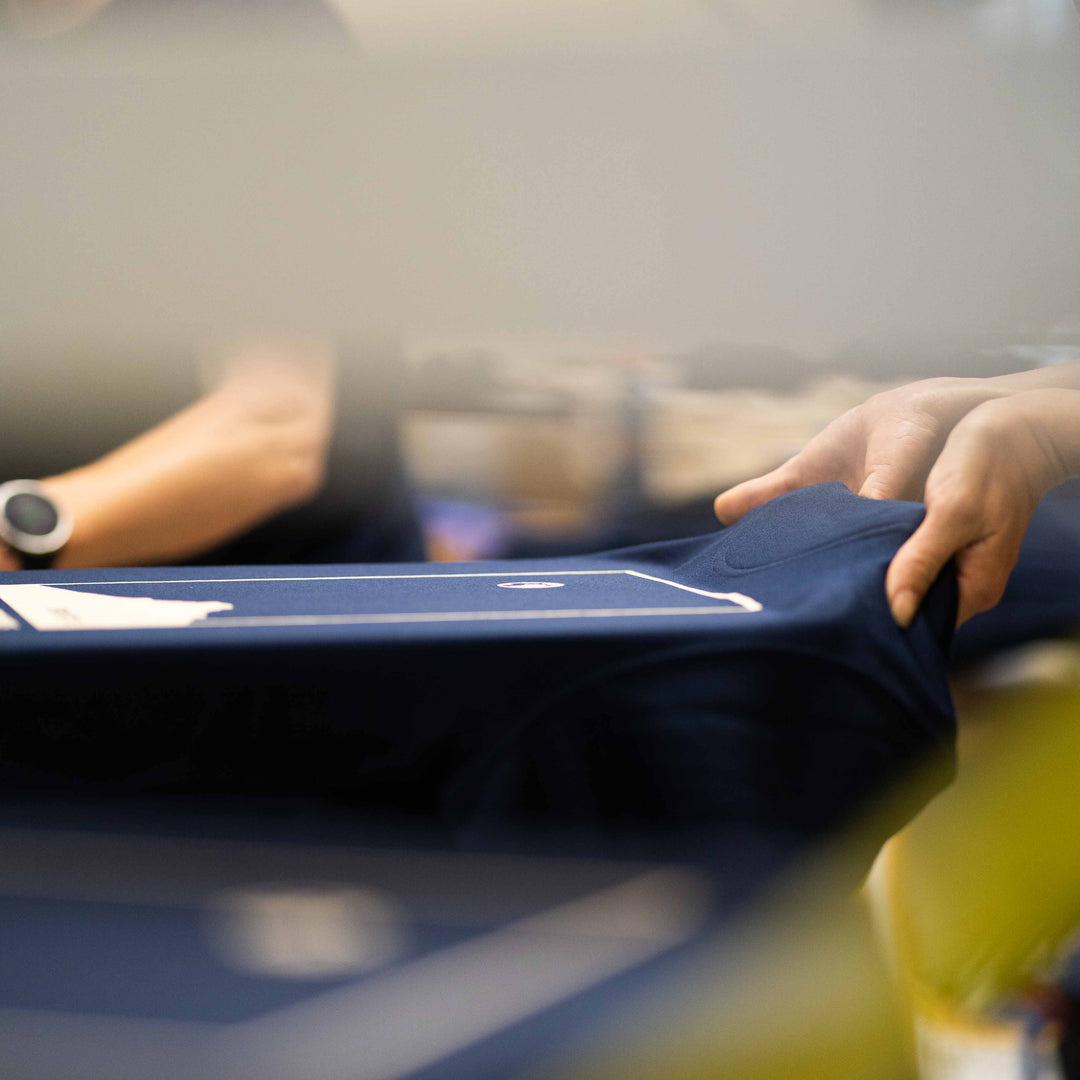A few years ago the maximum time I could hold my breath was a little over forty five seconds. As someone who spends almost everyday on the water, I was horrified at this number. That is such a short space of time in a rescue situation for someone to potentially help you.
I read Deep, googled, watched some youtube videos and began to train using a static apnea training app on my phone. Over a period of several weeks I was able to increase my breath hold time by minutes.
All of the information I gathered came from the sport of Free Diving and I vowed to one day go on a free diving course and learn as much as I can from people that routinely defy what you think is possible.
I recently had the opportunity to go on my first free diving course at Fathom free diving in Amed, Bali.
My instructor Sam is originally from Newcastle, has been free diving for sixteen years, holds his breath for over five minutes and has dove to a depth of seventy metres but is keen to push further. Hearing this introduction casually thrown out, I was astounded. I find a good way of telling if someone is worth their salt is simply on how casually they talk about their chosen field. I knew immediately I was in good hands to learn more about this sport.
I was briefed on some theory, some of which I had learned before, some was new to me and some was broken down to mathematical formulas’ and physiology. As always, with everything, there is more than meets the eye.

The key things I learned
That feeling of needing to breath is not necessarily a lack of oxygen, it’s more a build up of Co2 and when you know that you can remove a lot of the urgency to take a breath and continue holding for longer.
Being calm affects how long you can hold your breath for massively. It sounds obvious but this is one of the most critical things to improving how long you can hold your breath and in the sport of free diving, ultimately, how deep you can go. Finding a way to remain calm is critical, I found it not too difficult to do on my own terms in the ocean but I feel if I am out of my kayak and swimming down a river, normally I am pretty stressed. Sam told me about a friend of his that sings the Fresh Prince theme tune in his head when he is trying to stay down longer and perhaps I will start doing the same the next time I am getting trashed on the river.
Freedivers don’t use their lips to hold the breath in their mouth with their cheek pushed out, they contract the muscles around the vocal chords and hold the breath further back instead. This gives them more control and a solid way to lock your breath of, so much so that when you use this technique you can comfortably open your mouth and still hold your breath. This technique is going to be something I work on and bring to the river.

Bonus
Equalising can be done in two ways but the Fresnel method is the most effective. I honestly struggled to figure this out at first, especially when upside down and under water, but eventually I figured it out and could begin to equalise my ears and mask properly and work my way down the rope underwater.
With Sam’s help I dove down to twenty metres / 65ft, learned a lot about one of the most neglected safety aspects in kayaking; holding your breath, and fell in love with a new sport.
I honestly look forward to beginning to incorporate FreeDiving more into my training; one because I think it has a lot of positives in terms of kayaking safety and space to grow mentally stronger and two because I found it such a good time.
Check the whole story in the YouTube episode below.
Catch you on the water,
Bren
p.s Check those new Life Shorts! 'Dirty Fades incoming Spring 21'









Leave a comment